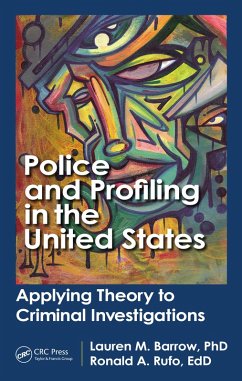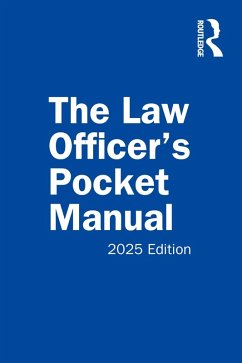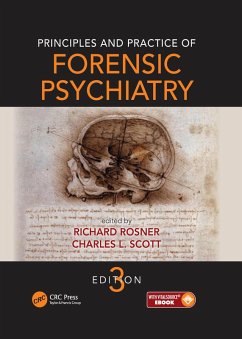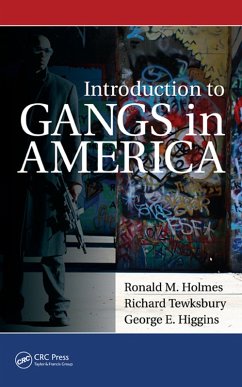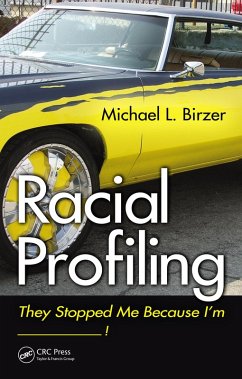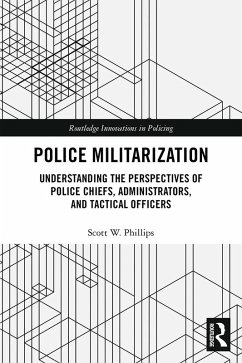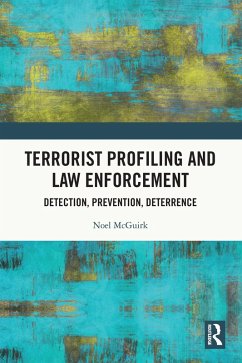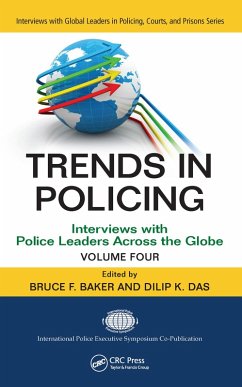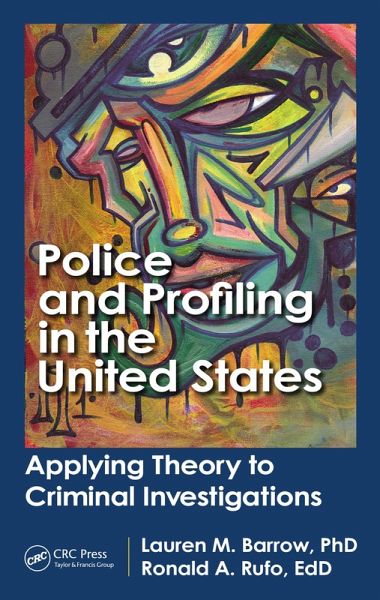
Police and Profiling in the United States (eBook, PDF)
Applying Theory to Criminal Investigations
Versandkostenfrei!
Sofort per Download lieferbar
42,95 €
inkl. MwSt.
Weitere Ausgaben:

PAYBACK Punkte
21 °P sammeln!
Traditionally, criminal profiling texts have focused on the technicalities of conducting an investigation, but recent developments in criminal justice have encouraged greater consideration of related fields. Highlighting the current paradigm shift in criminology towards a cross-disciplinary understanding of behavior, this book enables investigators to combine theory, instinct, and hunches with contemporary technology to construct a solid criminal profile. It examines theories on criminal behavior, describes how to develop typologies based on different criminal characteristics, examines the cri...
Traditionally, criminal profiling texts have focused on the technicalities of conducting an investigation, but recent developments in criminal justice have encouraged greater consideration of related fields. Highlighting the current paradigm shift in criminology towards a cross-disciplinary understanding of behavior, this book enables investigators to combine theory, instinct, and hunches with contemporary technology to construct a solid criminal profile. It examines theories on criminal behavior, describes how to develop typologies based on different criminal characteristics, examines the critical role of crime scenes, and concludes with scintillating profiles of 13 of the most notorious serial killers.
Dieser Download kann aus rechtlichen Gründen nur mit Rechnungsadresse in A, B, BG, CY, CZ, D, DK, EW, E, FIN, F, GR, HR, H, IRL, I, LT, L, LR, M, NL, PL, P, R, S, SLO, SK ausgeliefert werden.




